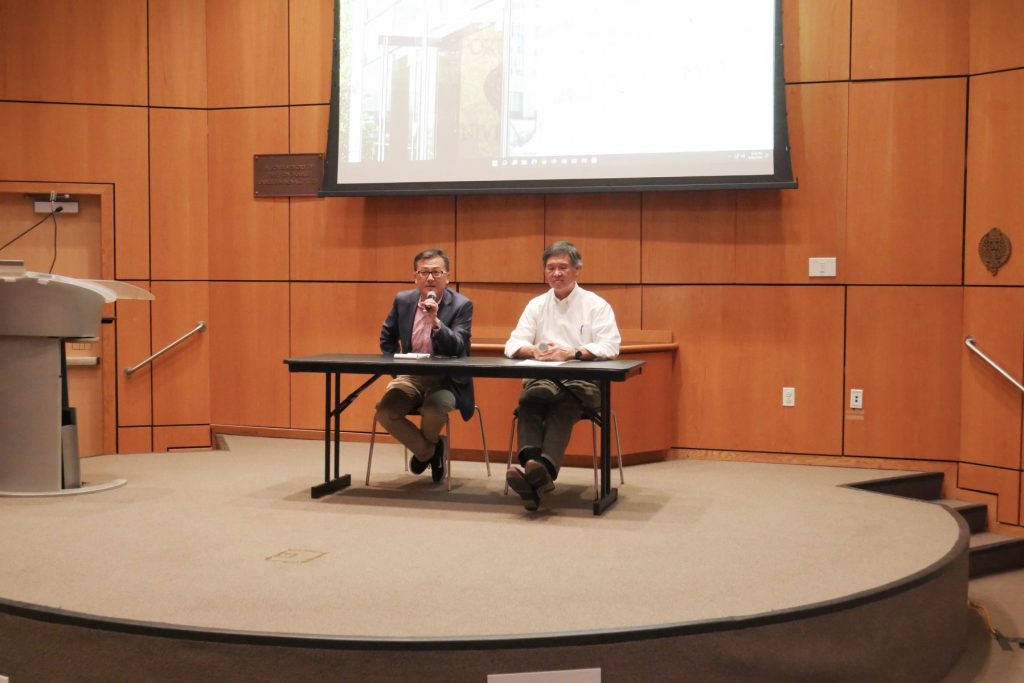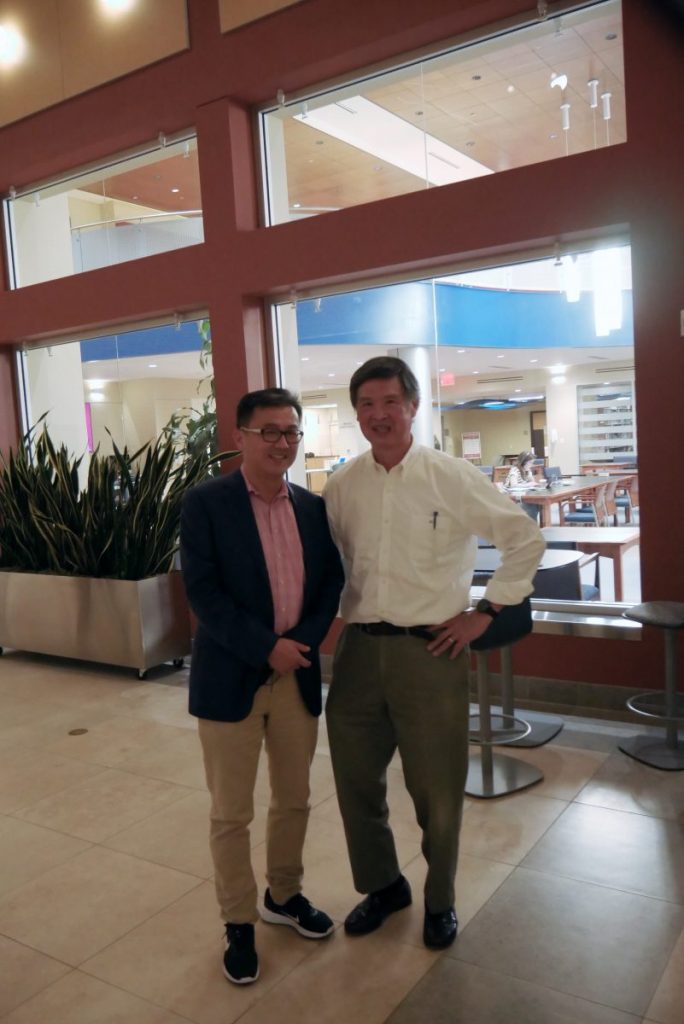WASHINGTON — Oct. 5, 2022. This week, the American Bar Association’s Commission on Racial and Ethnic Diversity in the Profession announced California Supreme Court Associate Justice Goodwin H. Liu as a recipient of its 2023 Spirit of Excellence Award. Each year, the ABA honors lawyers who have excelled in their fields and who have demonstrated an abiding commitment to promoting diversity and inclusion in the legal profession with this prestigious distinction.
An accomplished jurist, scholar, and professor, Justice Liu is a nationally recognized expert on constitutional law, education law and policy, implicit bias, and criminal justice reform. A graduate of Stanford, Oxford, and Yale Law School, and a former Rhodes Scholar, Justice Liu’s distinguished career includes serving as a former Supreme Court clerk, a key policy advisor at two federal agencies, and as a tenured professor and Associate Dean at the UC Berkeley School of Law. In 2011, Justice Liu was nominated and confirmed as an Associate Justice of the California Supreme Court.
Justice Liu is a towering figure in the Asian American legal community, and in particular for his groundbreaking work on the Portrait Project, a comprehensive, multi-year, data-driven study of Asian Americans in the law, conducted in partnership with NAPABA, which was a game-changer for raising awareness about the successes, challenges, and obstacles confronting Asian Americans in the legal profession.
“Justice Goodwin Liu has opened doors, broken down barriers, and been an unflinching champion of diversity and inclusion in the legal profession, not just for Asian Americans, but lawyers of all backgrounds,” said Acting NAPABA President A.B. Cruz III. “NAPABA is proud of its longstanding partnership with Justice Liu on the Portrait Project, and it was a privilege to nominate him for the ABA’s Spirit of Excellence Award. He is an inspiration for our members and beyond, as a role model for overcoming adversity in the pursuit of excellence in the legal profession.”
In 2017, Justice Liu was the recipient of the NAPABA President’s Award, given to NAPABA members who demonstrate an exceptional commitment to NAPABA, the legal community, and the greater Asian Pacific American community.
Also receiving the 2023 Spirit of Excellence Award are:
- Hon. Roger L. Gregory, Chief Judge of the U.S. Court of Appeals for the Fourth Circuit
- Reginald M. Turner, Immediate Past President of the ABA
- Diandra Benally, General Counsel of the Fort McDowell Yavapai Nation
The 2023 Spirit of Excellence Awards will be presented during a ceremony on February 4 at the ABA Midyear Meeting in New Orleans.
###
The National Asian Pacific American Bar Association (NAPABA), represents the interests of over 60,000 Asian Pacific American (APA) legal professionals and nearly 90 national, state, and local APA bar associations. NAPABA is a leader in addressing civil rights issues confronting APA communities. Through its national network, NAPABA provides a strong voice for increased diversity of the federal and state judiciaries, advocates for equal opportunity in the workplace, works to eliminate hate crimes and anti-immigrant sentiment, and promotes the professional development of people of all backgrounds in the legal profession.



